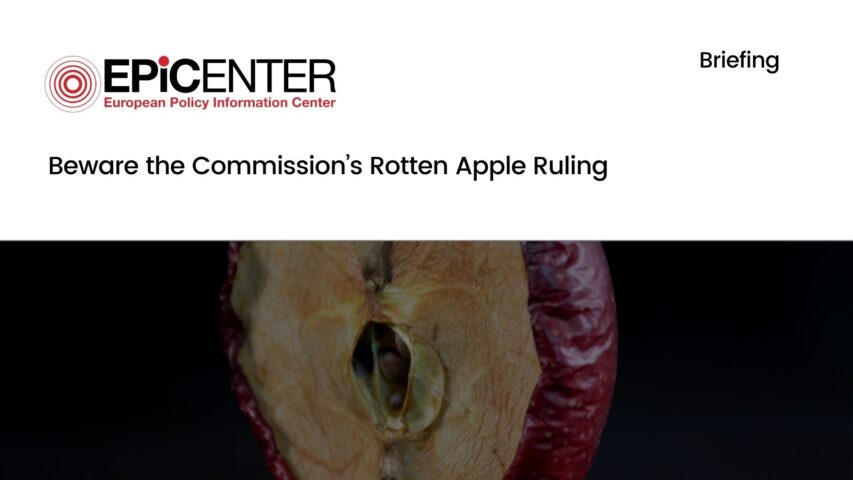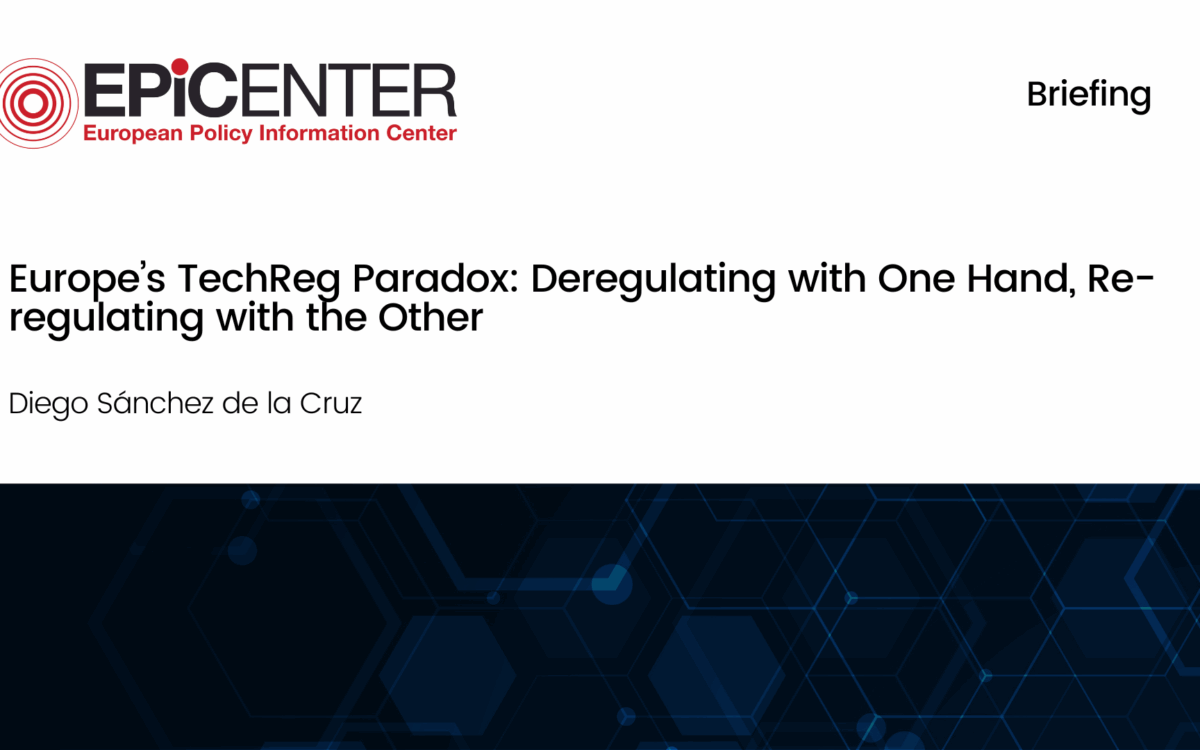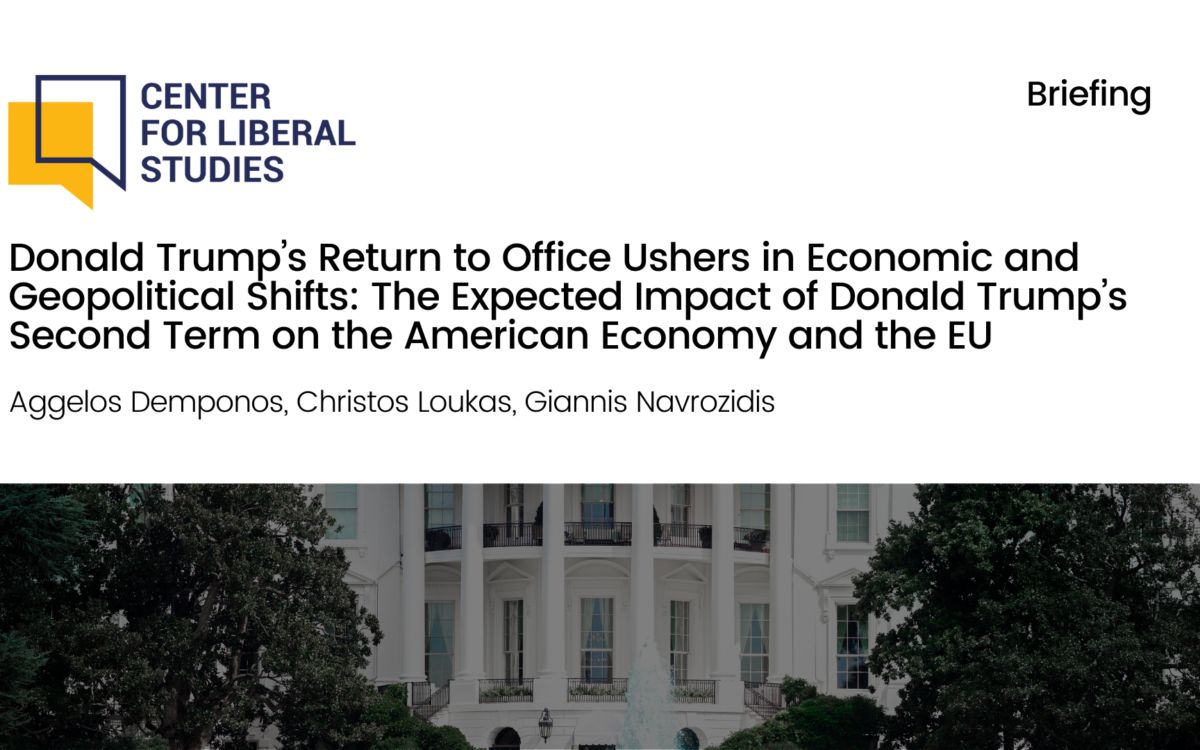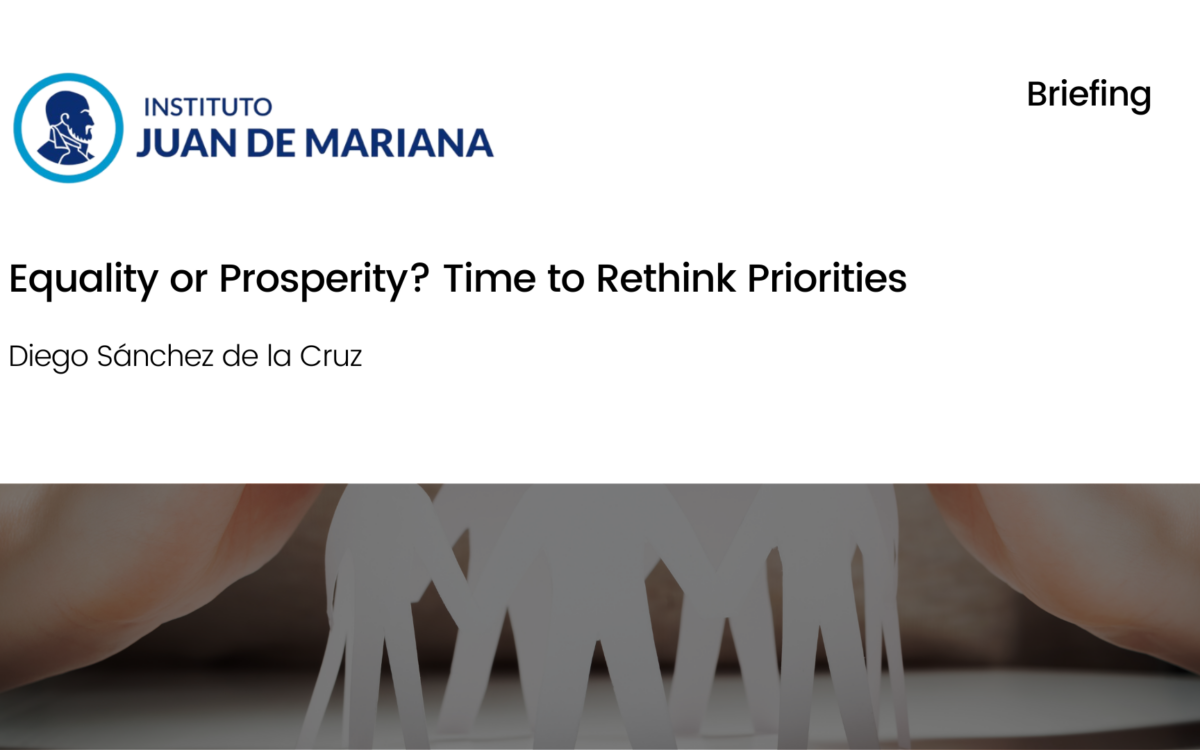Beware the Commission’s Rotten Apple Ruling

Beware the Commission’s Rotten Apple Ruling
September 2016
The European Commission has ordered Ireland to recover €13bn worth of allegedly unpaid taxes from Apple. Reception of the decision has been mixed, with some hailing the ruling as an indictment of Ireland’s low-tax policy, whilst others have condemned the move as a badly concealed attempt by the EU to obtain tax powers by stealth.
Neither of these interpretations is wide of the mark. The Commission has for some time sought greater competences over tax policy in the Member States, not least over the taxation of corporate profits. The most salient initiative in this regard is the proposal for a Common Consolidated Corporate Tax Base (CCCTB), which fell by the wayside when it was first proposed in 2011, but has been revived in the wake of the Luxleaks allegations of preferential tax rulings.
Download or share this publication
View the PDF
EPICENTER publications and contributions from our member think tanks are designed to promote the discussion of economic issues and the role of markets in solving economic and social problems. As with all EPICENTER publications, the views expressed here are those of the author and not EPICENTER or its member think tanks (which have no corporate view).



